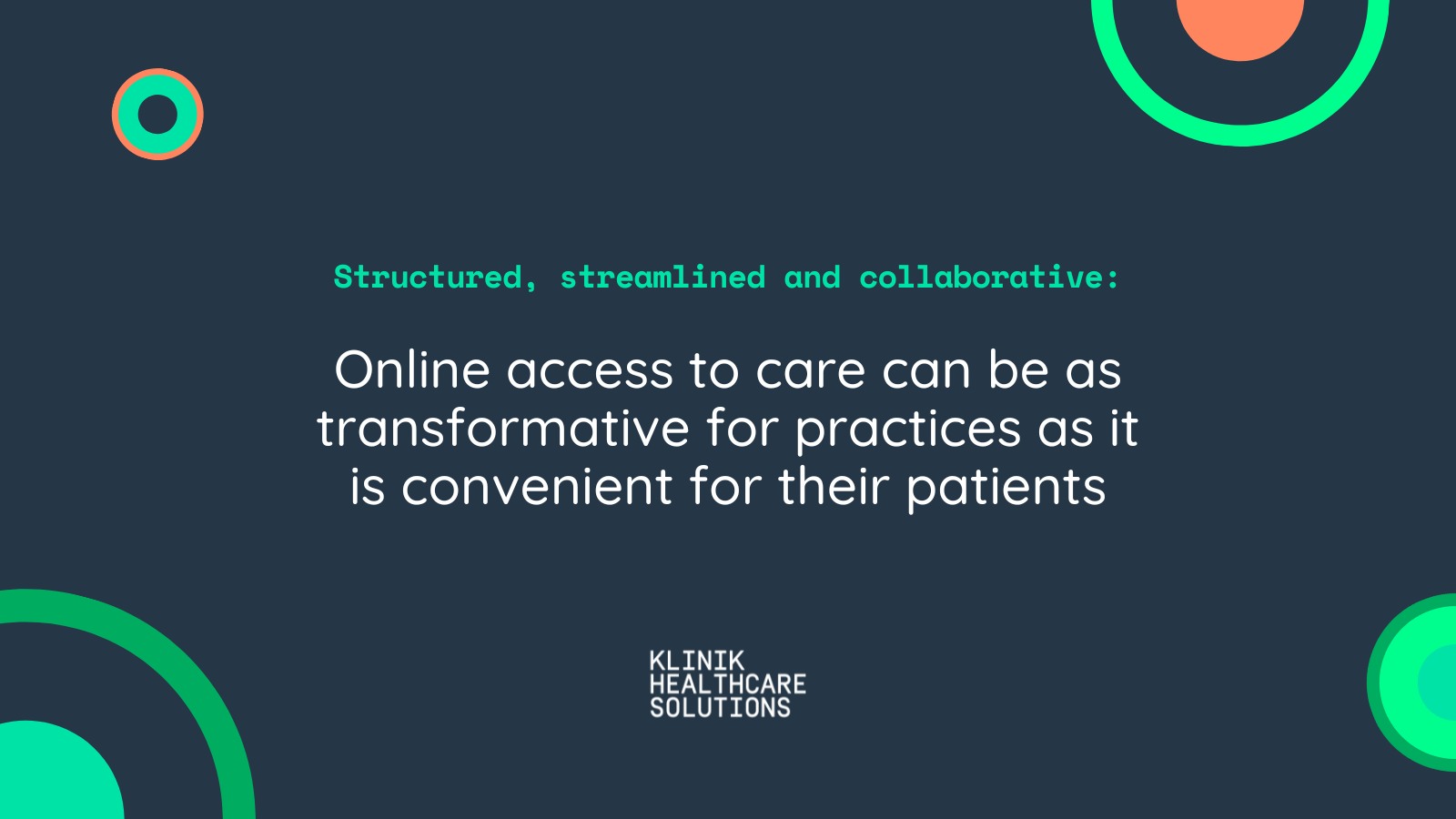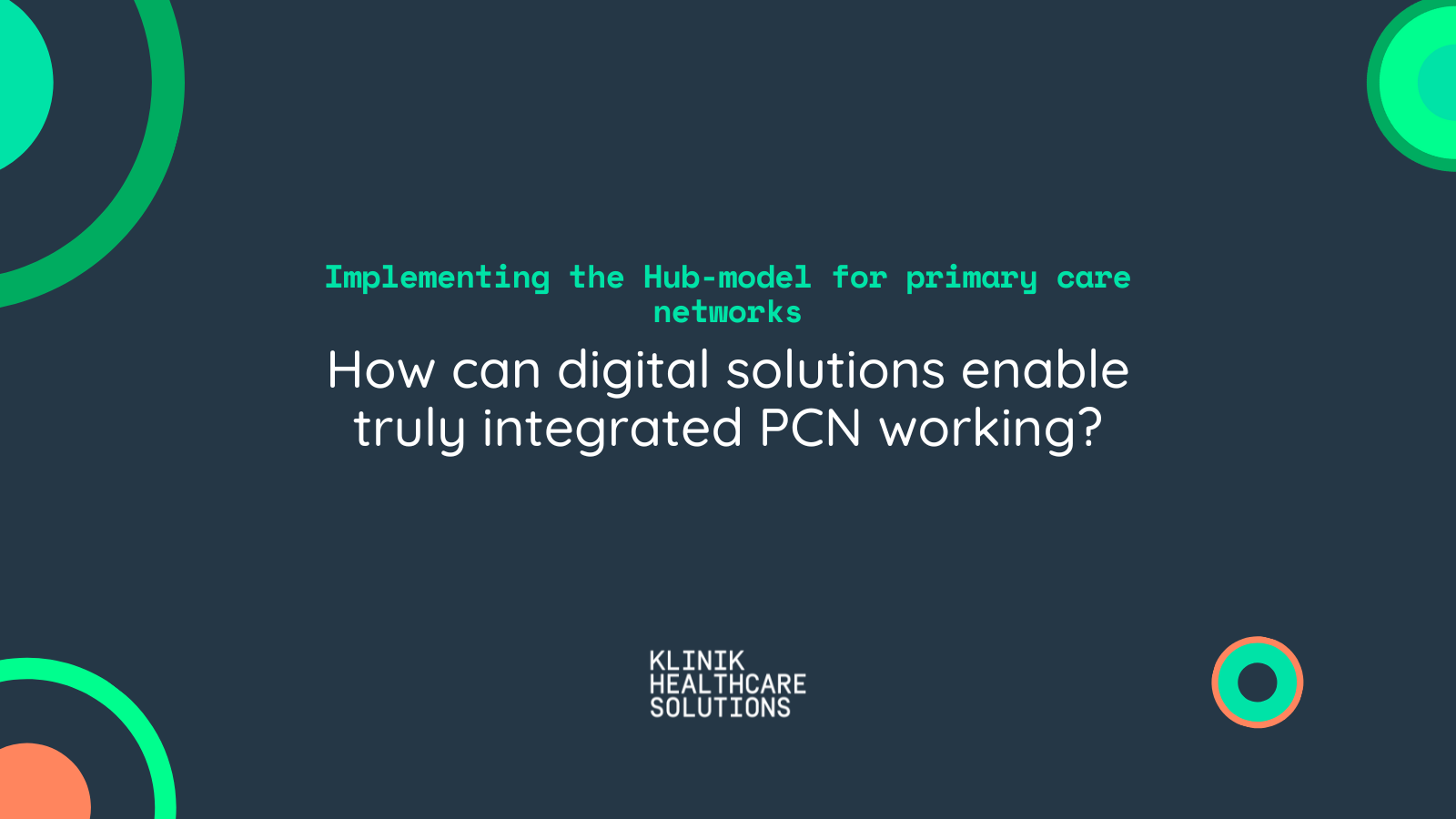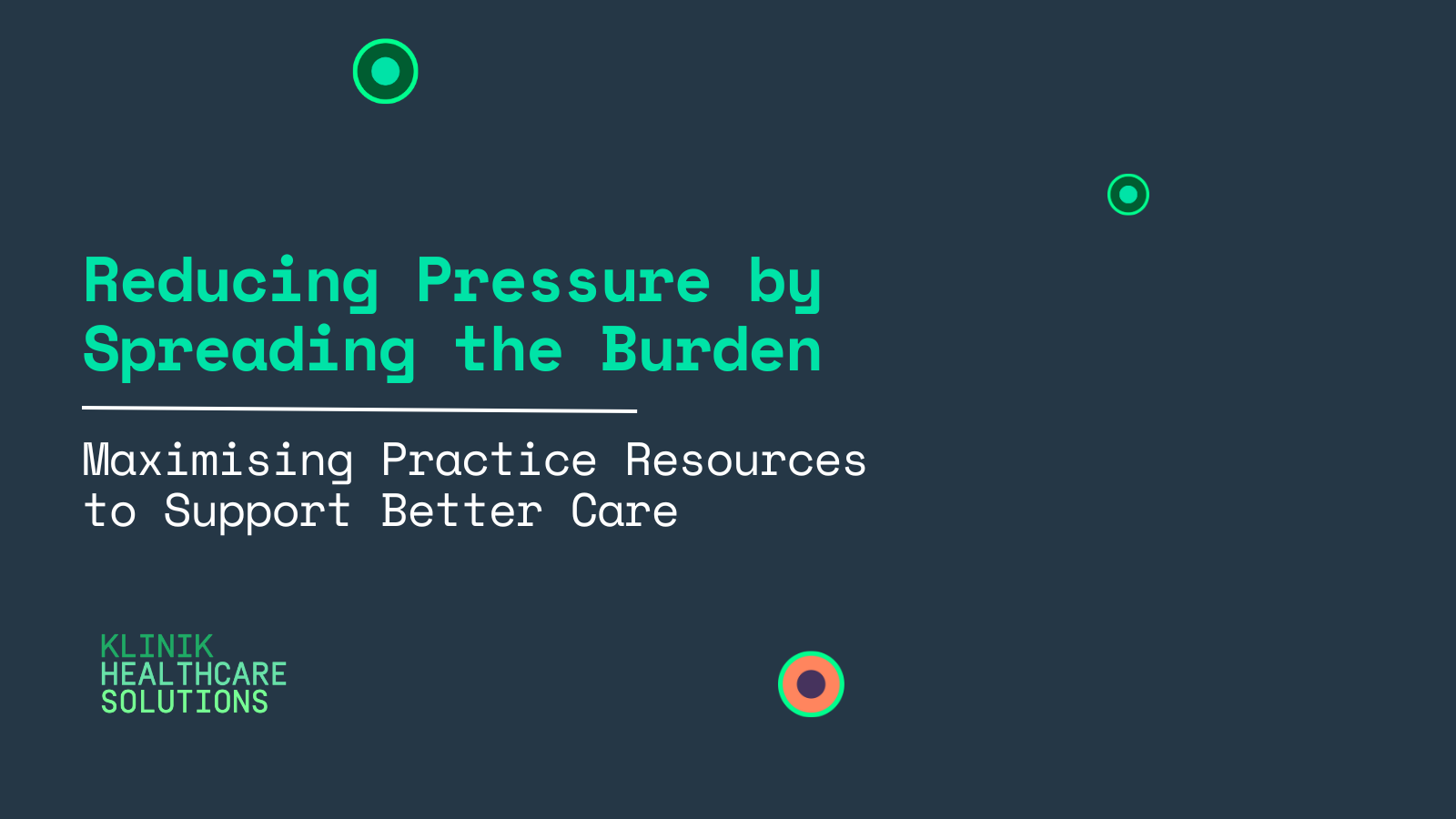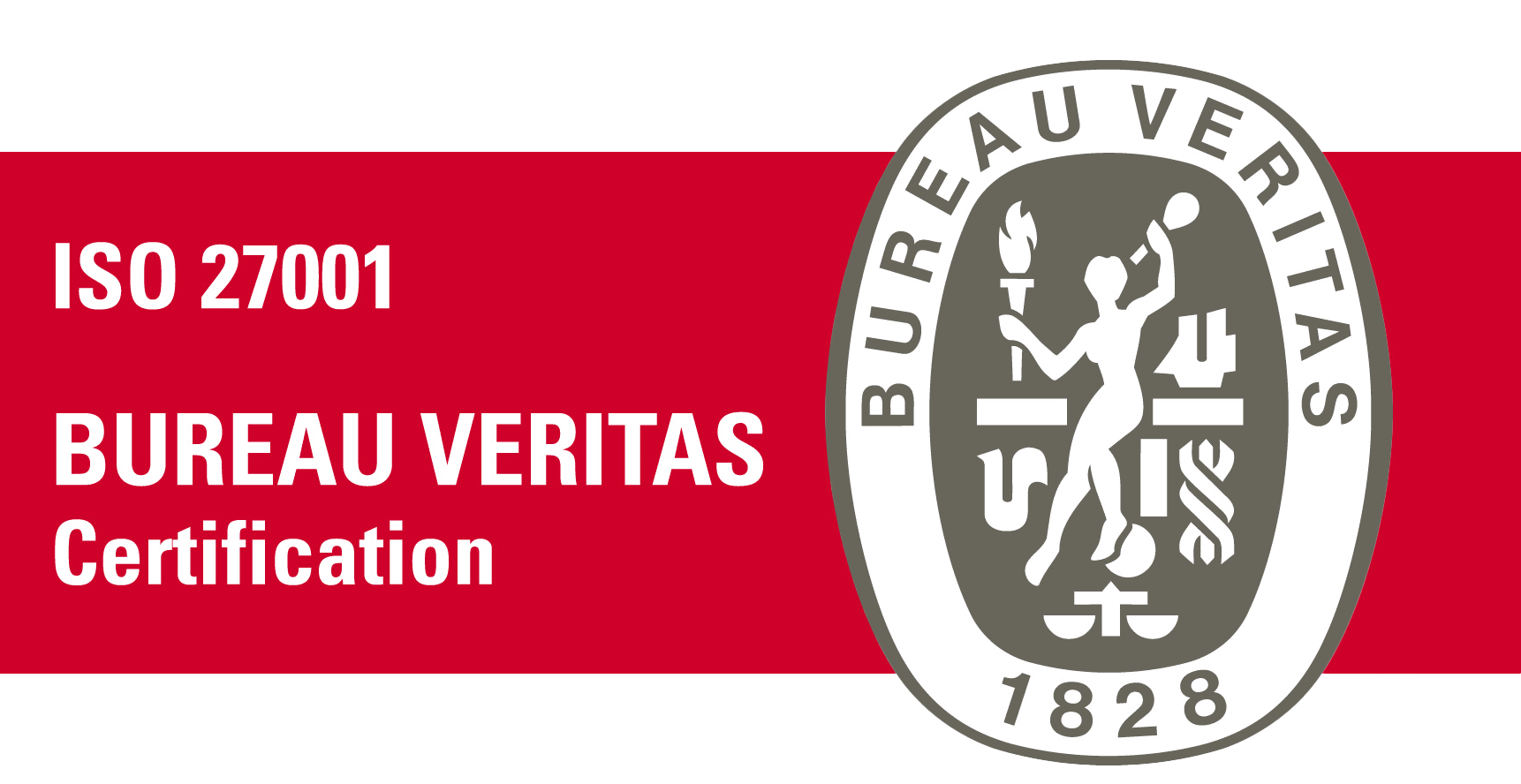Structured, streamlined and collaborative: Online access to care can be as transformative for practices as it is convenient for their patients.

As more and more people grow used to the convenience and ease of accessing services online, they’ve come to expect that seeking healthcare should be no different.
In part as a result of the rollout of digital access to primary care through digital tools including the NHS app and practice websites, that expectation is becoming more and more the reality – in London alone, 3 out of 4 people now use digital tools to interact with their GP practice.
For patients this means accessing key features of primary care has become more convenient.
This ease doesn’t just equate to a saving on spent on the phone trying to get an GP appointment, it can change how their enquiry is recorded, triaged, and the relevance of the care they receive.
For this to be the case, the digital front door must be more than just another way to contact your practice – it should support practices to enhance the availability and relevance of care they provide.
When implemented properly, the digital front door becomes a valuable investment for practice teams and primary care networks and can be as beneficial to teams as it is for their patients.
The ‘digital front door’ should be more than just another way of contacting a GP.
For patients, their GP practice is often the first point of contact when they have a concern about their health.
Many continue to see their family doctor as the definitive resource on their health, and their ‘go-to’ healthcare provider in the event they have a problem.
But as demand has risen and staffing patterns continue to change, the expectation that a patient will speak to their GP before anyone else is out of date.
With practices employing many non-GP clinical staff, a GP will not always be the most appropriate clinician to help a patient with their specific problem, nor is it likely they will be the most cost-effective – pharmacists, physiotherapists, nurses, dietitians and others may all be better placed to provide the required care.
In fact, just 44% of appointments offered in primary care last year were with a GP – and a significant number of these could have been avoided, either because no appointment was needed or because a different staff member could have helped instead
More recent developments – such as primary care networks transitioning to the ‘Integrated neighbourhood teams’ model – have seen primary care increasingly serving as a single point of access to a wider range of health and community services – including community mental health and social care.
Triage is an essential feature of online access
However, with increased demand for care and pressure on practice call handling staff to process calls quickly, an initial telephone conversation with reception staff rarely provides enough information on which to make an informed decision of what care will be most appropriate for a patient.
Primary care triage teams often expend considerable resources following up with patients for clarification or may simply book an unnecessary appointment with a GP, taking up precious clinical time and delaying the patient from accessing the most appropriate care.
When implemented effectively, online access doesn’t simply provide a convenient additional channel for patients to access care, it removes the friction for triage teams managing these requests caused by lack of information.
At Klinik, our AI system captures patients’ enquiries through a structured question set, providing teams with differential diagnoses, negative severity symptoms and an urgency assessment. From there, triage teams have a crystal clear picture of the patient’s clinical need and the most appropriate care for that patient.
How to implement a digital front door that enhances access and relieves pressure on your team
Practices have been expected to offer and promote digital access tools to their patients since 2015, and this expectation remains at the heart of the modern general practice model.
Yet many teams have yet to begin using these tools. Other practices we have spoken to have even procured online access tools before opting not to use them, as they failed to solve the problem the practice was seeking to address.
In many cases, they served to increase the complexity of providing access, creating more work and greater confusion for staff, rather than streamlining triage and patient flow management.
When choosing a system for your practice, it’s important to ensure that the system compliments or enhances your pathways, and that it is implemented in a way that reduces, rather than adds to your workload.
Leverage your online access to support better triage decisions
Simply put, your online access solution should enable your triage team to rapidly make a care decision by providing them with the relevant information they require to do so.
Comprehensive patient-history taking for all enquiries enables you to capture all the information a triaging clinician may require, without the need to follow-up with the patient.
For triage teams using Klinik, this information comes accompanied with an initial assessment of need and urgency to support rapid decision-making. The patient’s enquiry, a differential diagnosis, and an assessment of urgency are all displayed to the triaging clinician via the system’s triaging hub, which also enables the case to be directly referred to the relevant team.
By working with practices to implement bespoke care pathways that allow efficient referral to available resources within the practice or PCN, we also ensure that the journey from initial enquiry to the right care is as rapid and accurate as possible.
Capture the same information from phone and from walk-in enquiries for equitable triage
Using online access tools can relieve the pressure on other channels patients use to contact the practice, such as telephone or walk in enquiries. The structured triage processes ensure that care decisions are made based on need, rather than a ‘first-come, first-served approach’.
However, the value your practice derives from using online access as part of triage depends on patients having confidence that their enquiries are treated the same way, regardless of how they choose to contact the practice. For this to be the case, every enquiry must be captured using the Klinik system.
Customers using Klinik for online access and triage also have access to our telephone module, through which call handlers can guide callers through the process of completing the form. Patients who present in-person will be guided through submission by reception staff.
As a result, patients can access care however they choose, but processes ensure all enquiries are treated equitably.
At Klinik we’ve worked with more than 350 UK GP practices and primary care networks to offer enhanced access to primary care for their patients. Through our AI-assisted online triage and patient flow management, we’re helping more patients to access the right care, first time, while saving time and relieving pressures on primary care teams.
Speak to our team to understand how we can support your practice.








